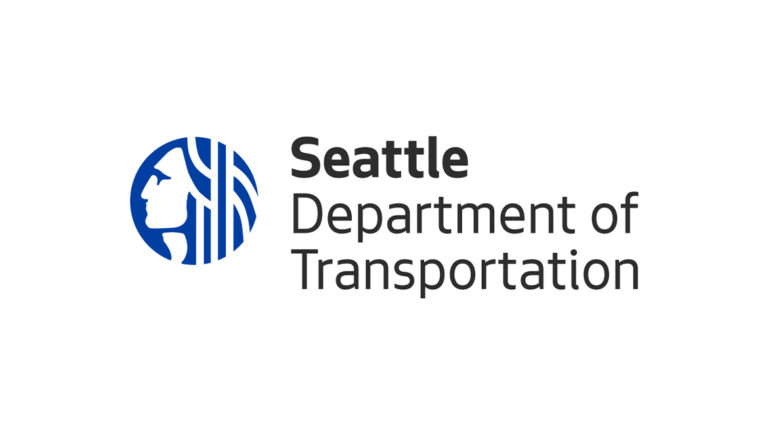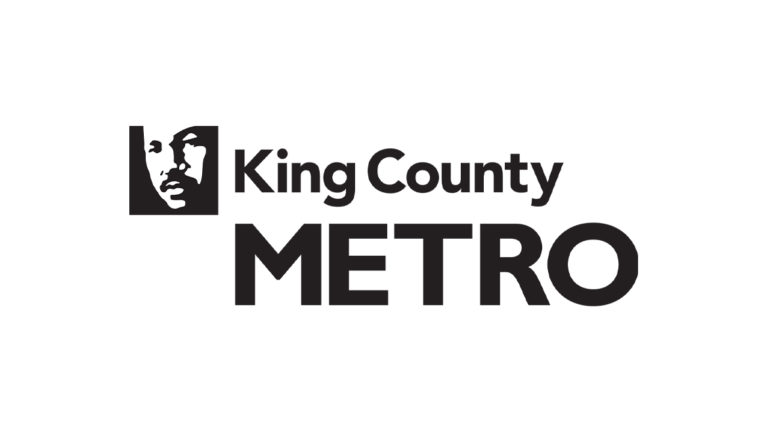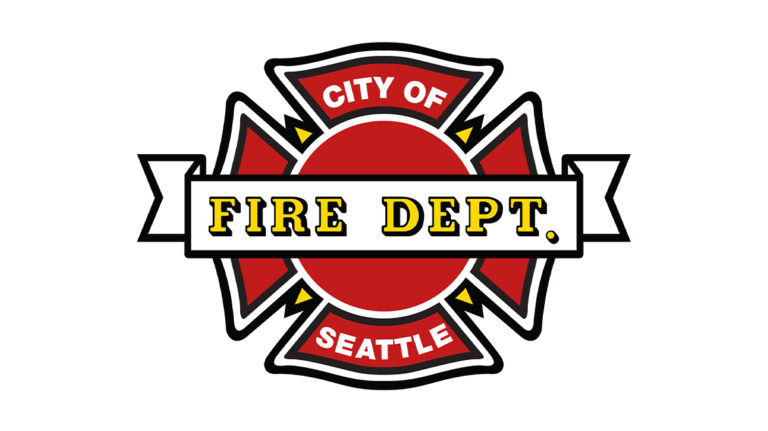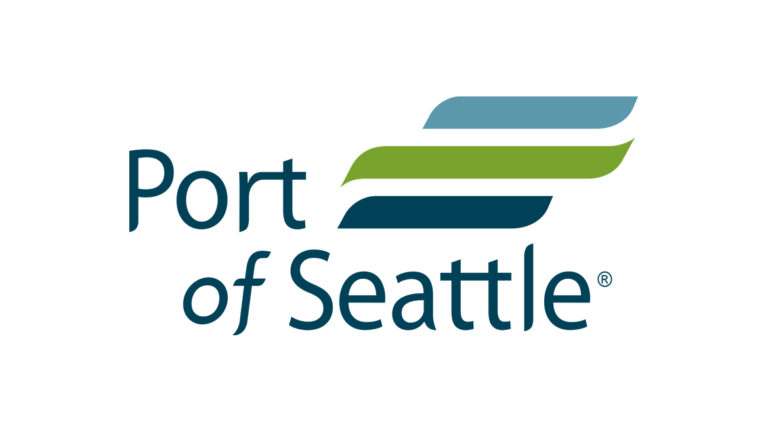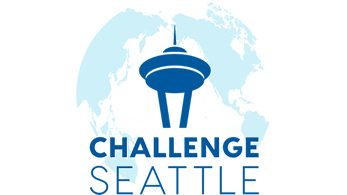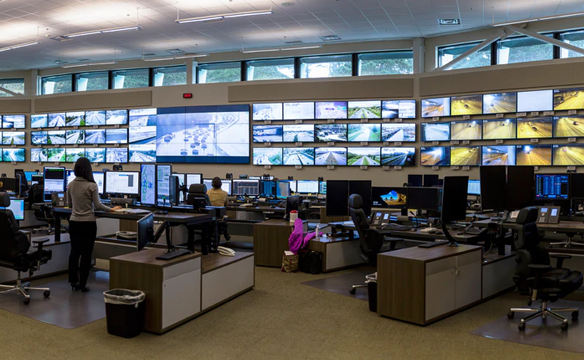
Issue
How can responders from different public agencies work better together during an emergency that affects many aspects of the transportation network? The key findings from a Mobility Innovation Center report “Beyond Incident Response,” led by the Center for Collaborative Systems for Security, Safety and Regional Resilience (CoSSaR) indicate that a co-designed collaborative environment can overcome siloed actions and enable the operational community to more effectively address complex incidents.
Stakeholders from Washington State Department of Transportation (WSDOT), Seattle Department of Transportation (SDOT), Seattle Fire Department (SFD), Seattle Police Department (SPD), Washington State Patrol (WSP), King County Metro (KCMT), Port of Seattle, and Northwest Seaport Alliance (NWSA) have been working together to design and develop a first-of-its-kind ‘Virtual Coordination Center’ where agencies can work together to alleviate the transportation network impacts caused by major roadway incidents.
Spark
“The Beyond Incident Response report shows some of the many transportation-related challenges and opportunities the Seattle area faces as one of the fastest-growing regions in the country,” said Roger Millar, Secretary of Transportation for WSDOT. “It points the way forward for stakeholders both to expand on and continue with the innovative efforts that will make the Seattle area safer and more resilient for people, businesses, and the services they rely on.”
Overview
The Virtual Coordination Center for Multimodal Integrated Corridor Management (VCC) Project was selected by the Federal Highways Administration for a model deployment grant in 2020. This project will result in the deployment of a cloud-based environment that enables regional stakeholders to access a common incident view and communications portal for coordinated mobility management. Agencies will share data within a virtual workspace that allows transportation managers across all agencies to see incidents as they occur, make more informed decisions, collaborate in real-time to coordinate response, and distribute a unified public message.
By creating a robust pool of shared data, VCC will also harness advances in data analytics, machine learning, and predictive modeling to improve regional planning and operations with scalability and portability to locations throughout the state and nation.
Innovation
“Every minute counts when we are working to assess how serious an incident is, and we hope this new platform saves us time. The faster we can sync up with first responders and traffic control centers, the faster we will be able to shift our buses and communicate with riders. Our goal is to help move people better.” - Jeff Wamsley, Superintendent, King County Metro Transit Control Center.
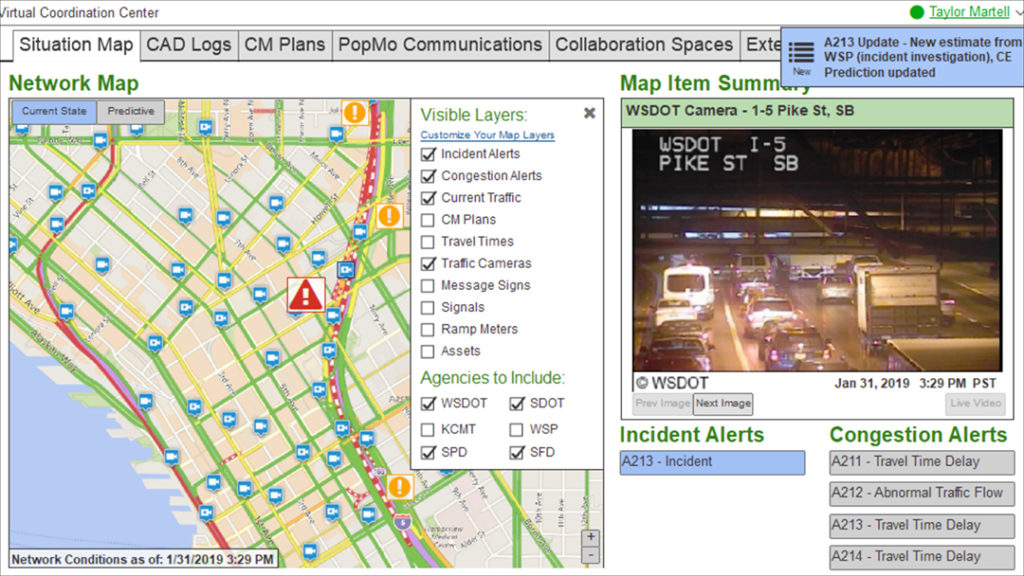
VCC Dashboard
Materials
- Read the latest report to the Washington State Legislature
- Read the FHWA Award Announcement
- Read the Folio
- Watch the Video
- View a student design project
Impact
The U.S. Department of Transportation’s Federal Highway Administration (FHWA) awarded a $3.4 million Advanced Transportation and Congestion Management Technologies Deployment (ATCMTD) grant to the Washington Department of Transportation for its Virtual Coordination Center (VCC) for Multimodal Integrated Corridor Management.
Media Coverage
April, 2021 | AWS Public Sector Blog | Project: Virtual Coordination Center
Advice for transportation agencies and authorities seeking funding for innovation
September, 2019 | NoCOE | Project: Virtual Coordination Center
Seattle Region’s Multi-Agency Partnership Aims To Deploy Cloud-Based Virtual Coordination Center For Increased Safety And Mobility
August, 2020 | Globe Newswire | Project: Virtual Coordination Center
Cleartronic Inc.’s (CLRI) Subsidiary ReadyOP Communications, Inc. to Be Part of Team to Create a Virtual Coordination Center for the Greater Seattle Area Highway Systems
Team
Academic Department
Faculty Leadership
Project Management
- Travis Phelps, WSDOT VCC Project Director
- Annie Johnson, WSDOT VCC Deputy Director
- Bill Cornell, VCC Technical Solutions Lead
- Sonia Savelli, PhD, VCC Design & Development Lead, Evaluation Lead
- Hannah Webster Heublein, VCC Program Support Supervisor, Evaluation Lead
- Brie Yost, VCC Program Operations Specialist
Contributors
Active
- Sucheta Ghoshal, PhD — Assistant Professor, Human Centered Design & Engineering
- Cecilia Aragon, PhD — Professor, Human Centered Design & Engineering
- Layla G. Booshehri, PhD – Clinical Assistant Professor, Health Systems and Population Health
- Jerome A. Dugan, PhD – Assistant Professor, Health Systems and Population Health
- Ridley Jones – Graduate Research Assistant
- Mariah Farris –Graduate Research Assistant
- Andrea Figueroa – Graduate Research Assistant
- Donghoon Lee – Graduate Research Assistant
- Quilla Valdez – Student Volunteer
Past contributors
- Charlotte P. Lee, PhD — Associate Professor, Human Centered Design & Engineering
- Bianca Johnson – former Graduate Research Assistant
- Meg Moldestad – former Graduate Research Assistant
- Alainna Brennan Brown – former Graduate Research Assistant
- Mariah Rosman – former Program Coordinator
- Susannah Ellis – former Program Coordinator


